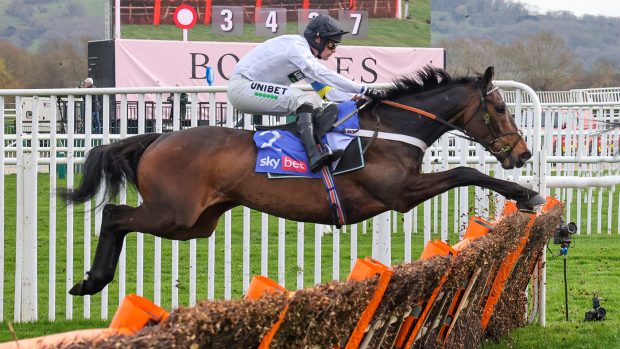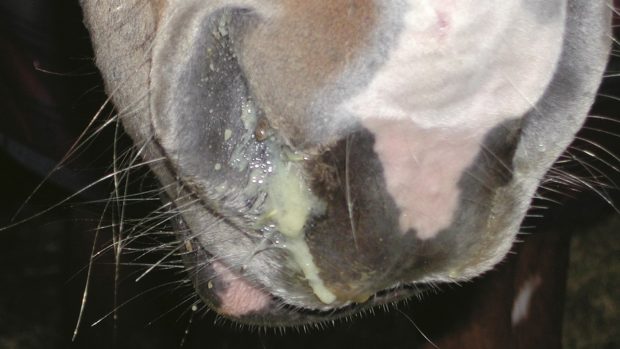A fresh spate of riding school closures has occurred in the past three months, with Grange Farm Equestrian Centre near Peterborough being the latest casualty.
The British Horse Society (BHS) has confirmed that eight establishments have withdrawn from the BHS approvals scheme in the past three months.
“We don’t know in every circumstance why the establishment has withdrawn,” said Chris Doran, manager of the BHS’s riding schools and approvals department. “Some will simply will have closed their doors for good; the high cost of insurance and other overheads are often quoted.”
The loss of the riding school at Grange Farm, which is one of the biggest establishments in the eastern counties, will be keenly felt by the region. The riding school will close on 21 August.
“There are other riding schools nearby, but Cambridgeshire is a big riding area,” said Jeanetta La-Four, BHS development officer for the East of England. “People work very hard for the quality of facilities these approved centres offer. It’s always a great shame when they close because — regardless of how many other establishments there are in the area — it’s a loss to the community.”
The riding school at Grange Farm has 90 horses and some 500 clients per week. Set in a 700-acre farm, there are three outdoor all-weather arenas, an indoor school, a cross-country course, polocrosse field and hacking routes. It is also where the sport of JumpCross — a competition combining cross-country with knock down show jumping fences — was developed.
Owners Robin and Diane Dunlop have deliberated for two years about closing the riding school side of their business, which they have been running for 18 years.
“There’s only so much you can take,” Robin told Horse & Hound. “With rates, health and safety issues and insurance you don’t get any help from the government or council. Our insurance has gone up 20% in two years, and there’s so much paperwork and red tape to go through.”
As well as the riding school, Grange Farm currently has 40 liveries and a tack shop and it runs corporate entertainment packages involving quad biking, 4×4 driving and archery. Robin Dunlop now plans to increase the numbers of liveries and hold training clinics and competitions.
The couple plans to sell some of the horses to clients, put some on loan and move the remainder into retirement. Most of the centre’s 40 staff — a mixture of permanent and part-time — will stay on, but Dunlop admits that the eight instructors may struggle to work the hours they have done until now.
|
||
 |
||

 Get up to 19 issues FREE
Get up to 19 issues FREE TO SUBSCRIBE
TO SUBSCRIBE 



